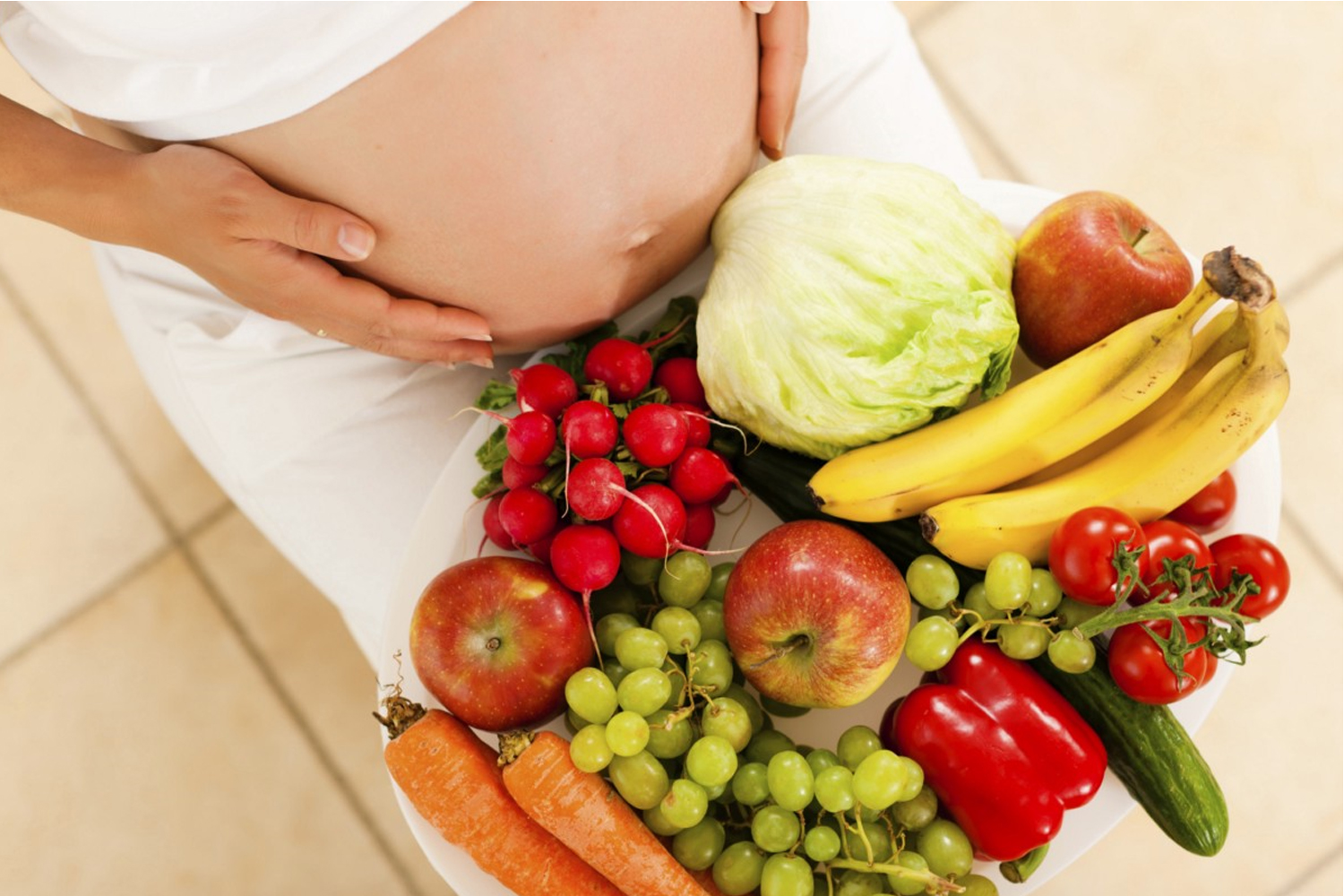
The only source of nutrition for the baby developing in the womb is its mother. Therefore, nutrition during pregnancy acquires a special meaning. Generally speaking, we recommend adequate and balanced nutrition during pregnancy.
Except for gestational diabetes, no mother should diet during pregnancy.
For the development of the baby and the mother’s adaptation to pregnancy, it is necessary to take 300 kcal of additional nutrients daily, and – unless there is a special condition such as diabetes or phenyl ketonuria, diet during pregnancy is definitely not recommended.
Proper nutrition of the mother is essential for the baby to be healthy in the womb and in the newborn period.
So, what should a pregnant woman pay attention to in her eating habits?
1- Folic acid: 400 micrograms of folic acid supplement should be taken daily during the first three months of pregnancy, starting before pregnancy occurs. Folic acid is a harmless vitamin that prevents injuries in the baby.
2- Iron: From the 3rd month of pregnancy, it should be taken from drugs containing iron. Iron is necessary for blood cell’s production. During pregnancy, the need for iron in the baby and the mother increases. Therefore, all pregnant women should take iron supplements. Among the wide variety of iron products on the market, you can use the one with few side effects and what your doctor recommends.
3- Vitamin support: We recommend pregnant women to take pills containing all vitamins. It is not easy to get all vitamins with food and it makes sense to take these vitamins daily in pill form. Among the various vitamins, I especially recommend those containing omega-3 and iodine.
4- Foods to be avoided: Ice cream sold outside, kebab made on the street, raw meatballs, etc. food will not be hygienic. Consuming them can cause you to get food poisoning or infect your baby with germs. Avoid them. Do not consume green leafy vegetables without washing them thoroughly. Avoid unpasteurized milk and dairy products such as door milk. Try not to consume chips, chocolate, carbonated drinks, which are in the category of junk food.
5- Consume meat when fully cooked, undercooked or raw meat can cause infections that negatively affect your baby.
6- Eat a balanced diet from all foods during pregnancy. Women with normal pre-pregnancy weight can gain weight between 12-18 kg during pregnancy.
7- A daily average of 70 grams of protein, 175 grams of carbohydrates and 85 grams of fat is needed during pregnancy. This amount should be taken divided between meals.
8- 600 units of vitamin D and 1000 mg of calcium should be taken daily. These values are included in most of the pregnancy-specific vitamin drugs. Deficiencies are generally not observed.
For more detailed information about nutrition during pregnancy, please contact dryavuzsimsek@gmail.com or you can make an appointment for an examination by calling 0545 405 01 37 and 0318 233 03 03.
